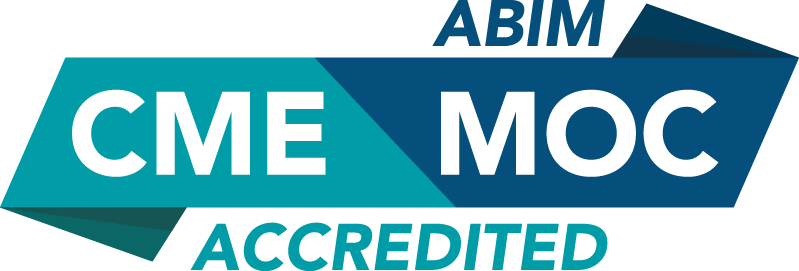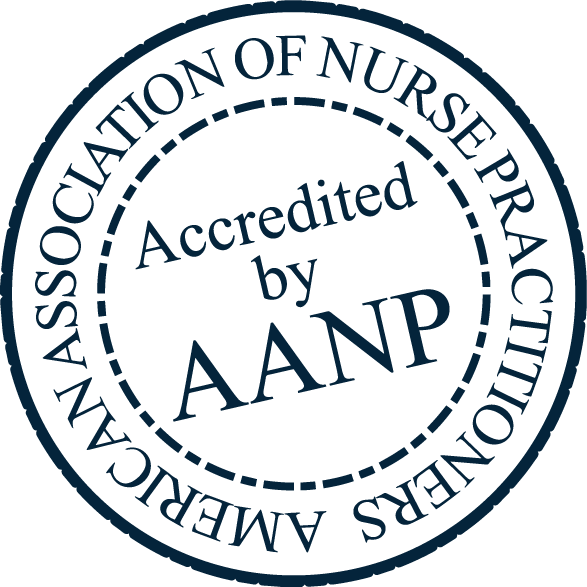Pain Management and Opioids
Fulfill Your DEA MATE 8-Hour Training Requirement — Free
Are you a DEA-registered practitioner? Fulfill your mandatory eight-hour training requirement for opioid and substance use disorders with our free, comprehensive CME/CE course.
Pain Management and Opioids Adaptive Learning from NEJM Group
Enhance your skills in pain management with our adaptive learning CME/CE activity, offering up to 10.25 hours of credit. This course equips you with the knowledge to manage opioids effectively and confidently.
Course Highlights:
- Efficient Learning: Eight (8) focused topics for streamlined study.
- Supplementary Resources: More than 50 videos, infographics, and other supporting material for easy reference.
- Downloadable Summaries: PDF summaries to aid in knowledge retention.
- Insightful Reports: Detailed reports on progress and performance overall, by learning objective, and by practice dimension.
Complete all 62 case-based questions to earn your CME/CE credits. After completing the course, a pop-up will confirm your success. You can then download your credit transcript from the Credits Center. This no-cost, 10-hour training satisfies the DEA’s new eight-hour training requirement for all registered practitioners handling opioid and substance use disorders.
Pain Management and Opioids may also help you comply with CDC safe prescribing guidelines and state-mandated CME requirements.
Build Your Clinical Confidence
Pain management is a balancing act: your patients’ need for effective pain treatment is on one side and our nation’s opioid epidemic is on the other. Safer, effective, and appropriate pain management is the fulcrum.
Pain Management and Opioids Adaptive Learning is your most efficient way to review current, evidence-based knowledge on opioid analgesics in compliance with CDC guidelines.
What You’ll Learn:
- Pain Management Fundamentals: Understand definitions, mechanisms, and concepts of pain.
- Patient Assessment: Identify risk factors for abuse and addiction while assessing pain.
- Therapeutic Options: Explore nonpharmacologic and pharmacologic therapies for pain management.
- Integrating Opioid Analgesics: Develop individualized pain treatment plans using opioid and non-opioid therapies.
- Safe Opioid Management: Learn to initiate, titrate, and discontinue opioid therapy safely in acute and chronic pain settings.
- Patient and Caregiver Counseling: Guide safe use, storage, and disposal of opioid analgesics, including naloxone for overdose prevention.
- Referral Decisions: Recognize when to refer patients to a pain specialist.
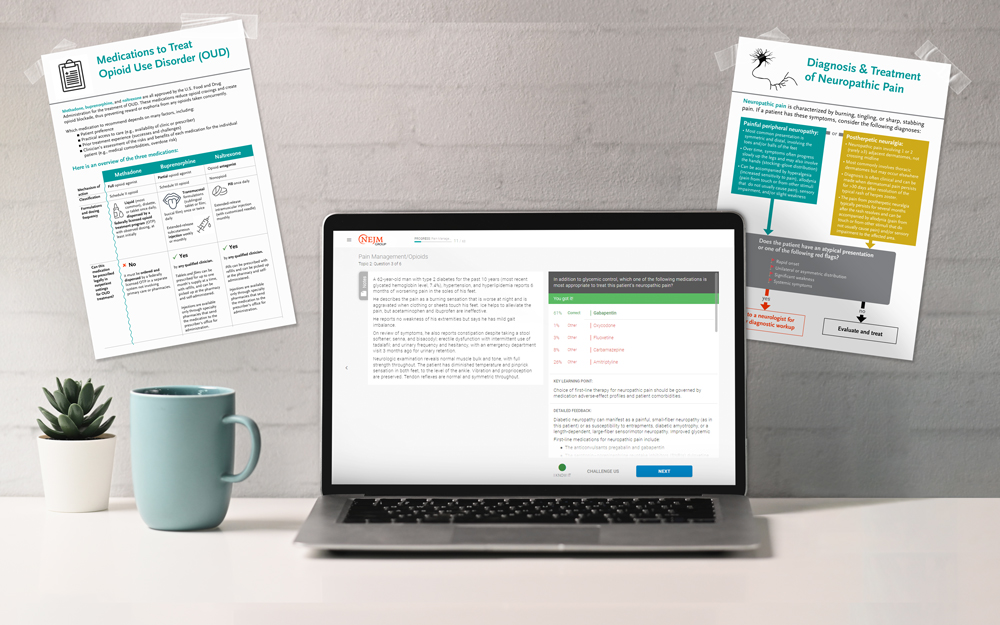
Maximize your time with Adaptive Learning:
Accreditation Information
Disclosure of Support
This activity is supported by an independent educational grant from the Opioid Analgesic REMS Program Companies. Please see https://www.opioidanalgesicrems.com/Resources/Docs/List_of_RPC_Companies.pdf for a listing of REMS Program Companies. This activity is intended to be fully compliant with the Opioid Analgesic REMS education requirements issued by the US Food and Drug Administration (FDA).
Accreditation Statement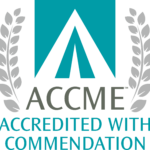
The Massachusetts Medical Society is accredited by the Accreditation Council for Continuing Medical Education (ACCME) to provide continuing medical education for physicians.
AMA Credit Designation Statement
The Massachusetts Medical Society designates this enduring material for a maximum 10.25 AMA PRA Category 1 Credits™. Physicians should claim only the credit commensurate with the extent of their participation in the activity.
Risk Management and Pain Management Credits
This activity meets the criteria of the Massachusetts Board of Registration in Medicine for risk management study.
This activity meets the criteria of the Massachusetts Board of Registration in Medicine for opioid education.
Several states have similar requirements. Please check with your Board to determine if this activity will fulfill your state’s specific requirements.
American Board of Internal Medicine MOC Points
Successful completion of this CME activity, which includes participation in the evaluation component, enables the participant to earn up to 10.25 MOC points and patient safety MOC credit in the American Board of Internal Medicine’s (ABIM) Maintenance of Certification (MOC) program. Participants will earn MOC points equivalent to the amount of CME credits claimed for the activity. It is the CME activity provider’s responsibility to submit participant completion information to ACCME for the purpose of granting ABIM MOC credit.
American Board of Pediatrics (ABP)
Successful completion of this CME activity, which includes participation in the evaluation component, enables the learner to earn up to 10.25 MOC points in the American Board of Pediatrics’ (ABP) Maintenance of Certification (MOC) program. It is the CME activity provider’s responsibility to submit learner completion information to ACCME for the purpose of granting ABP MOC credit.
American Academy of Family Physicians (AAFP)
The AAFP has reviewed Pain Management and Opioids Adaptive Learning from NEJM Group and deemed it acceptable for up to 10.25 Enduring Materials, Self-Study AAFP Prescribed credit(s). Term of Approval is from 04/16/2025 to 04/15/2026. Physicians should claim only the credit commensurate with the extent of their participation in the activity.
American Board of Medical Specialties Maintenance of Certification Part 2 Credit
Through the American Board of Medical Specialties (“ABMS”) ongoing commitment to increase access to practice relevant Continuing Certification Activities through the ABMS Continuing Certification Directory, Pain Management and Opioids has met the requirements as an MOC Part II Self-Assessment and/or MOC Part II CME Activity (apply toward general CME requirement) for the following ABMS Member Boards:
MOC Part II Self-Assessment Activity: Physical Medicine and Rehabilitation
MOC Part II CME Activity: Anesthesiology, Family Medicine, Preventive Medicine, Psychiatry and Neurology, and Radiology
American Academy of Physician Associates (AAPA)
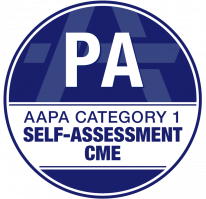 AAPA Category 1 Self Assessment CME Credits
AAPA Category 1 Self Assessment CME Credits
This activity has been reviewed by the American Academy of Physician Associates Review Panel and is compliant with AAPA CME Criteria. This activity is designated for 10.25 AAPA Category 1 CME credits. PAs should only claim credit commensurate with the extent of their participation. Approval is valid from 4/18/2025 to 4/17/2026. AAPA reference number: CME-2013544.
American Association of Nurse Practitioners (AANP)
Pharmacology Contact Hours
This activity is approved for 10.0 contact hour(s) of continuing education (which includes 10.0 hours of pharmacology) by the American Association of Nurse Practitioners. Activity ID 25037121. This activity was planned in accordance with AANP Accreditation Standards and Policies.
ACPE Credits
The University of Rhode Island College of Pharmacy is accredited by the Accreditation Council for Pharmacy Education as a provider of continuing pharmacy education. This is an application-based educational activity. Pharmacists will receive 8.0 contact hours (0.8 CEUS) for the educational activity. Release date 1/31/2025. Expiration date 1/31/2028. No partial credit is available. UNIVERSAL ACTIVITY NUMBERS (UAN) 0060-9999-25-020-H08-P




